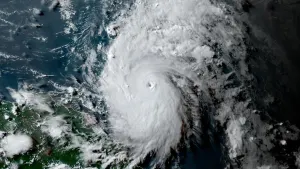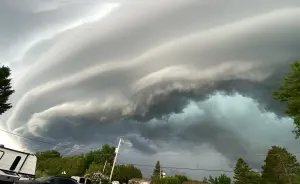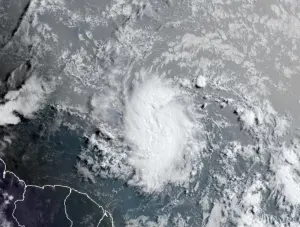
Shorter ski seasons a challenge for competitive athletes
The first part of winter this year was marked by green — or brown — grass and warmer temperatures than most are used to in December. For skiers, it was less than favourable.
But in the competitive ski world, training can't stop because of a lack of snow. So Rien Meesters, the head coach of the Crabbe Mountain Race Club, said coaches had to get creative this year.
"You're trying to do fun activities, and yet, you know, focus on the skills that you want to work on," he said.
"It is a challenge. I mean … you can imagine keeping an eight- or nine-year-old engaged for three hours, you know, on a beginner terrain where they're used to skiing on more the intermediate to advanced terrain."
SEE ALSO: Cape Breton is seeing a surge in snow seekers, boosting local businesses
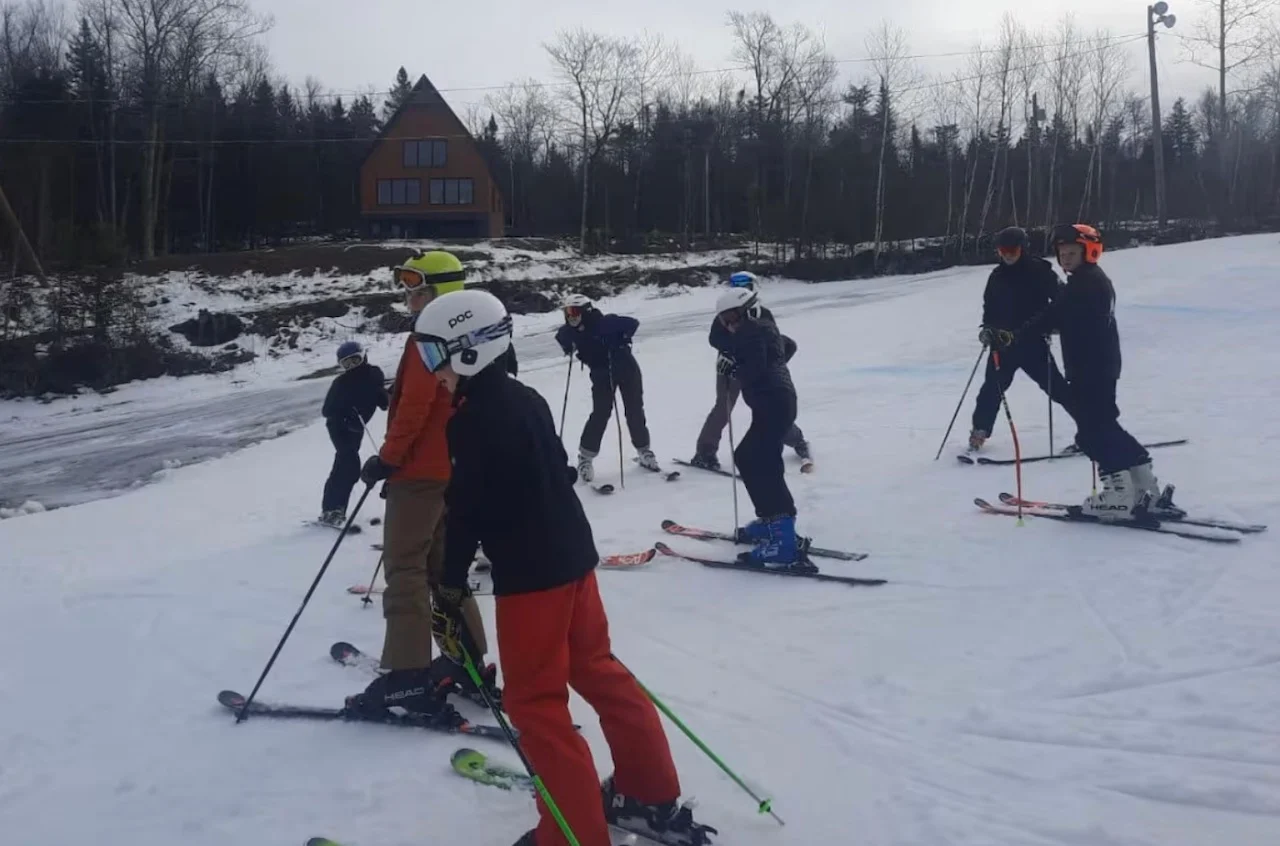
For the first part of the ski season, snow runs were limited. (Submitted by Rien Meesters)
For much of December, ski hills in New Brunswick had few runs open. But a dumping of snow in the last two weeks has made a difference.
For much of December, ski hills in New Brunswick had few runs open. But a dumping of snow in the last two weeks has made a difference.
As of Friday, Crabbe Mountain near Fredericton had 16 trails open, Sugarloaf Park in Campbellton had five downhill runs open, Poley Mountain near Sussex had eight going and Mont Farlagne in Edmundston had 18.
But Meesters said over the holidays, when snow was limited, training was shortened to mornings only and then after- skiing activities were offered for the rest of the day. These included hiking the mountain, playing capture the flag in the woods and dry-land training.
And when skiers were able to get on the hill, Meesters said coaches would slow down and focus on the fundamentals.
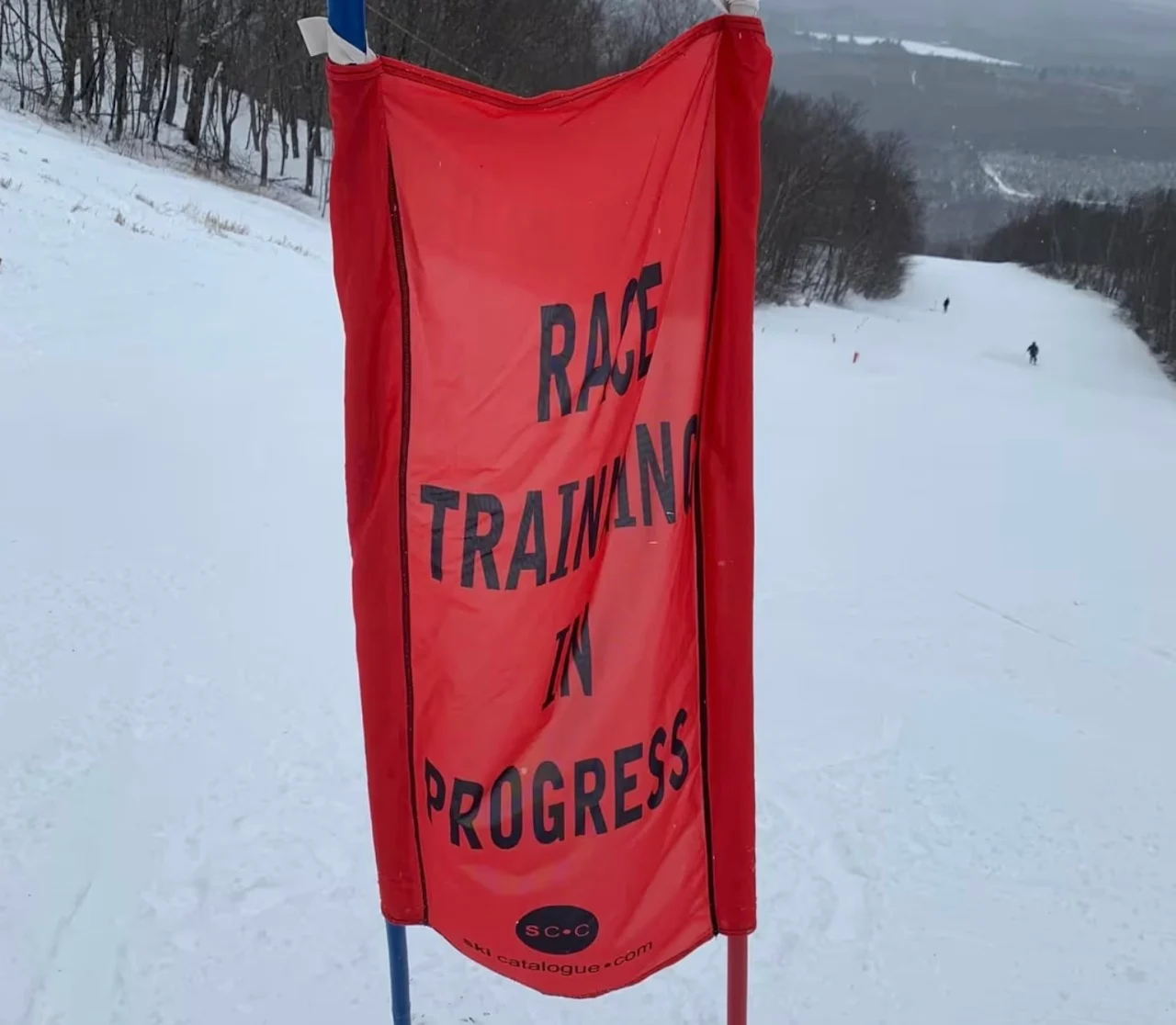
Meesters said athletes, especially those U16, need to have on-snow training in order to stay competitive. (Submitted by Rien Meesters)
Still, some skiers required more snow to train than what was available at the time.
"If you're a competitive ski racer at a higher level, so our U16 athletes, they need that time on snow to be competitive with other other athletes," said Meesters.
That means some athletes went "chasing snow," he said, which means they would look at the forecast and find mountains within a reasonable driving distance that had the snow they needed.
Even his own son has been chasing snow.
Keenan Erichsen-Meesters is part of the U16 Crabbe Mountain Race Club. But lately, he's been having to travel further afield, to places like Sunday River in Maine, for better conditions.
Preparation is important, he said.
"If you don't have enough days on the snow, your legs won't be ready for the race."
Erichsen-Meester is only 15, but still has seen a change in snow conditions over his young lifetime.
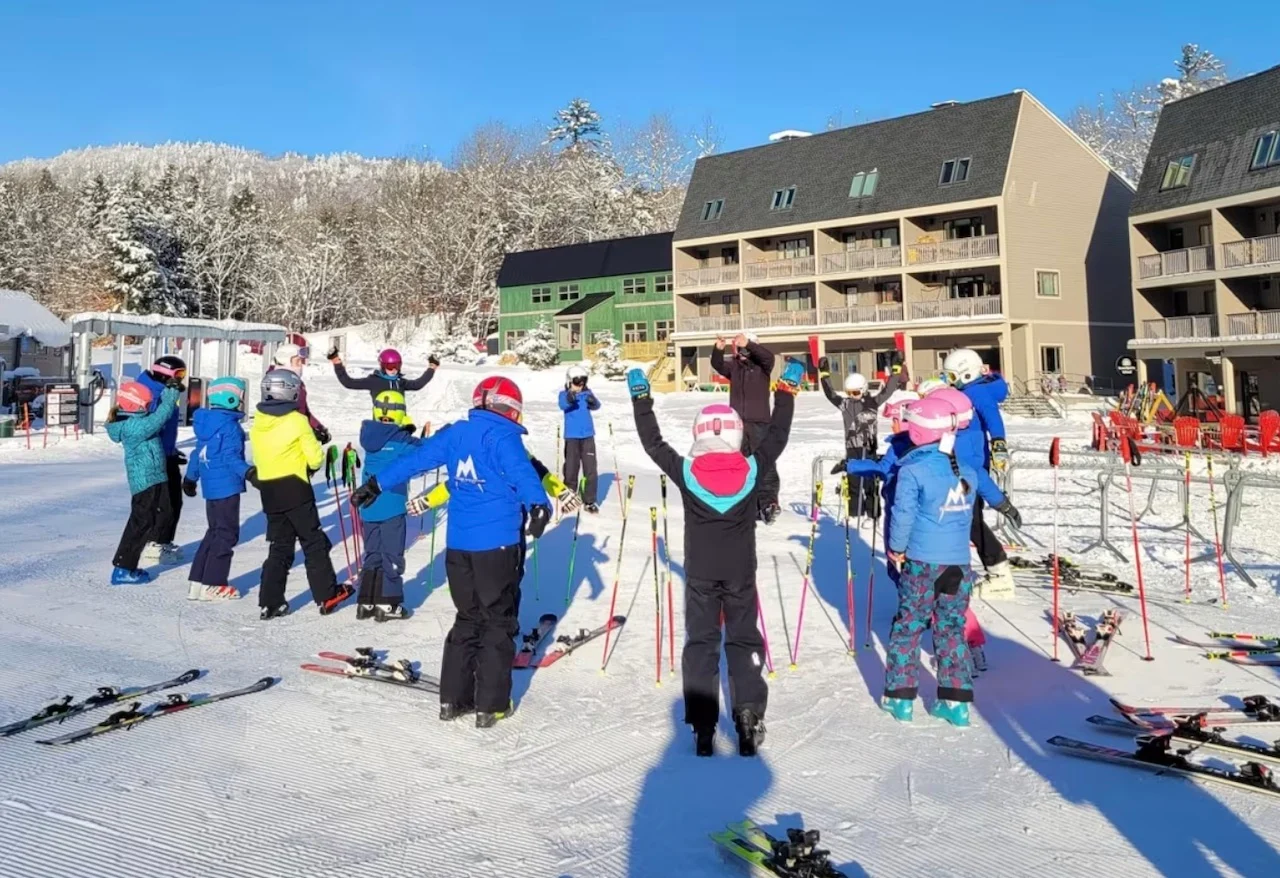
Some young skiers stretching before hitting the slopes. The recent dump of snow was good news for skiers. (Submitted by Rien Meesters)
"When I was way younger, like five and six and seven, I remember skiing at Crabbe before Christmastime."
But having to travel can be difficult, his father said.
It's a quick turnaround for an athlete when they find a place with skiable conditions and then have to find a parent to get them there and secure accommodations, all before the conditions change, Meesters said. It's also expensive.
"I think a concern I have long term, right, is it's really … creating that distance between the different people that can participate in some of these activities because it does take a lot of financial commitment to compete at that level," said Meesters.
"And also the ability for parents either to, you know, stop work or, you know, to drive six hours to Sunday River — It's a lot of time."
Meesters said although this ski season started late, that isn't new. He said similar conditions happened last year and athletes weren't able to start training seriously until early to mid-January, which is tough when it's already such a short season.
"I think it just means that race clubs and programs and competitions are going to have to adjust their way of thinking, on how to do what you need to do, in order to go to these events."
WATCH: Top 3 tips on skiing with your toddler
Thumbnail courtesy of Rien Meesters via CBC.
The story was originally written by Hannah Rudderham and published for CBC News. It contains files from Information Morning Fredericton.






